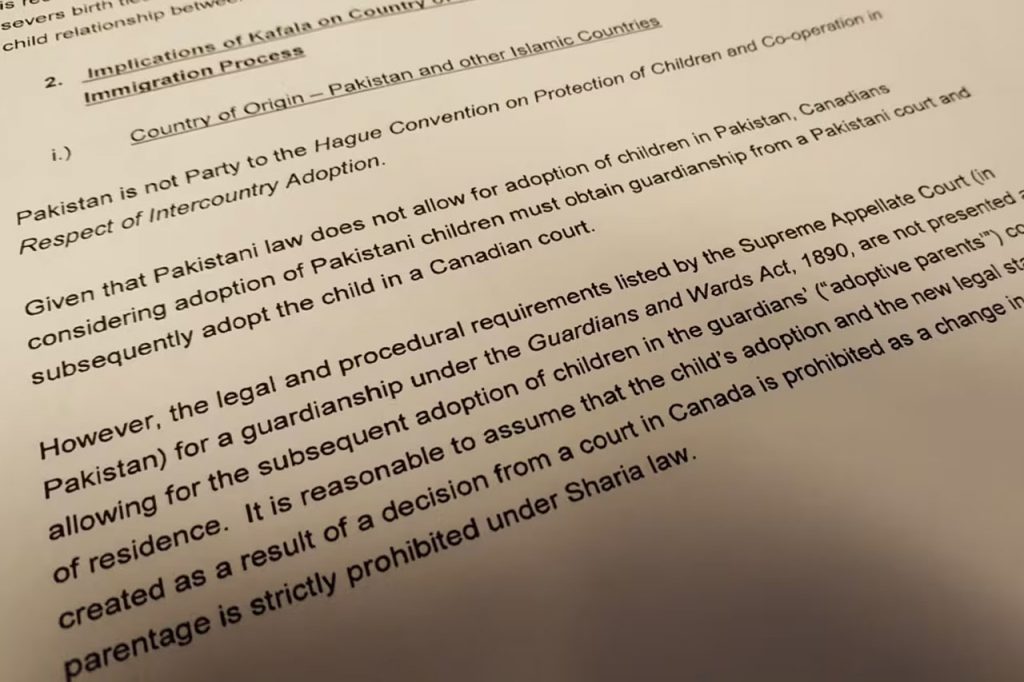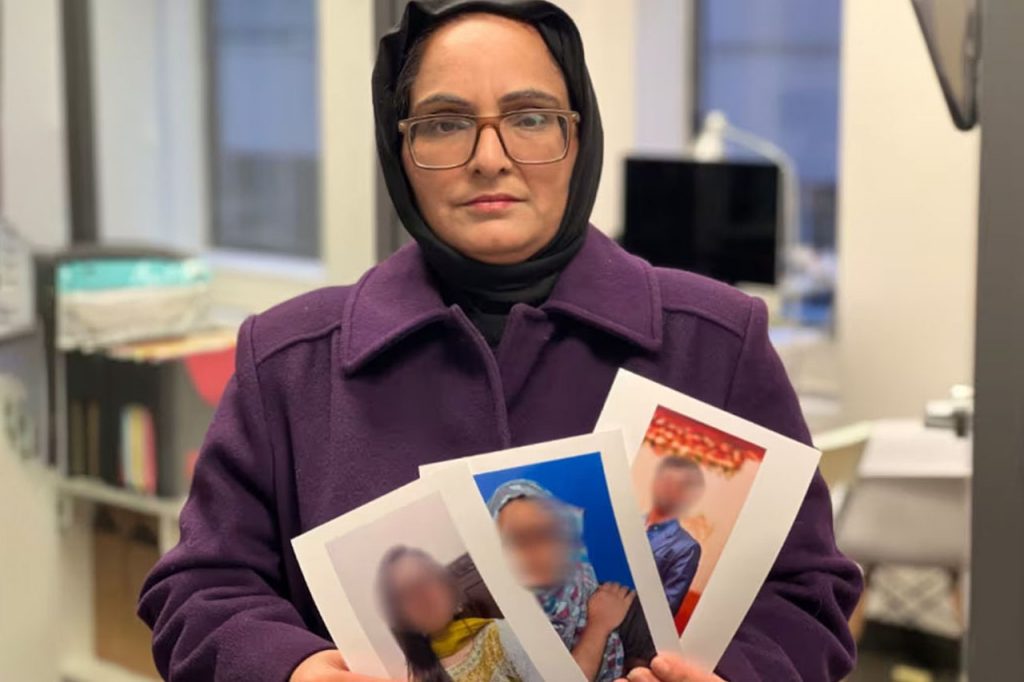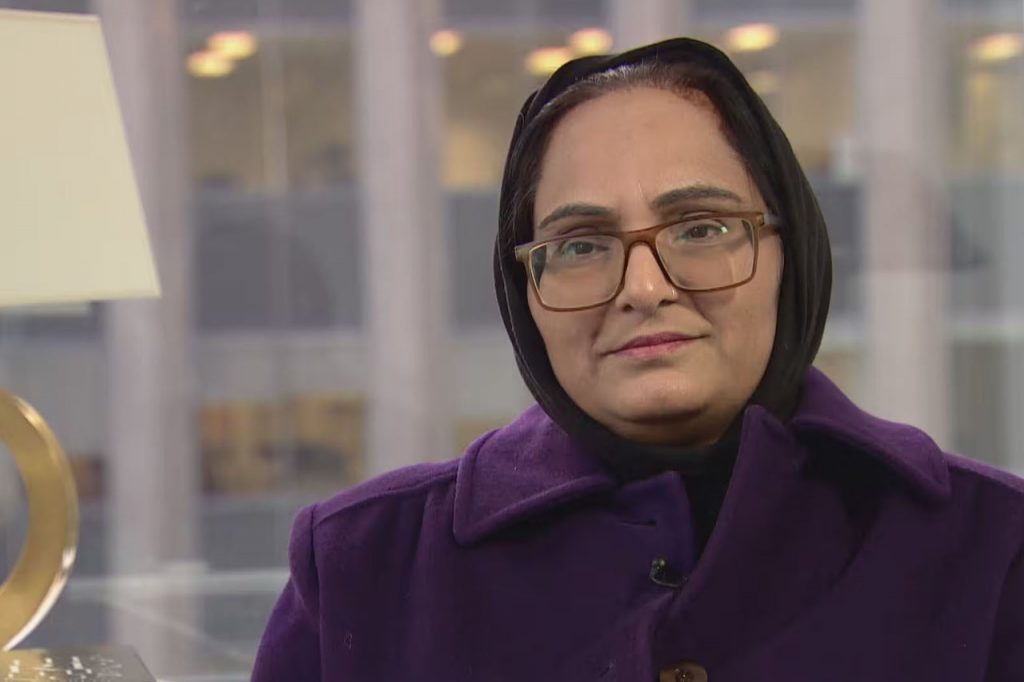Canada’s controversial ban on adoptions from several Muslim countries sparks court challenge
January 27, 2024 2024-03-04 14:14Canada’s controversial ban on adoptions from several Muslim countries sparks court challenge

Canada’s controversial ban on adoptions from several Muslim countries sparks court challenge
Federal government still won’t say if it reviewed policy as promised 5 years ago
A major challenge of Canada’s ban on adoptions from several Muslim countries is set to play out in the Federal Court — a move some legal observers say wouldn’t be necessary if the government wasn’t upholding what they call a “discriminatory” policy.
The case, which could be heard as early as April, comes more than five years after the federal government promised to review the ban introduced when the Conservatives last held office. Since then, the Liberal government has refused to say whether that review took place or what it involved, despite repeated inquiries from CBC News.
In 2013, Canada suddenly put a stop to adoptions from Pakistan, arguing Shariah law doesn’t allow for birth ties between a parent and child to be severed and that the Islamic principle of guardianship (kafala) could no longer be recognized as the basis for adoption. The United States, United Kingdom and Australia all continue to allow adoptions from Pakistan, despite Canada’s claim that doing so would violate its commitment to the Hague Convention.

While on paper the ban applied only to Pakistan, an investigation by CBC’s The Fifth Estate found that in practice, immigration officials quietly extended it to other Muslim-majority countries, including Iran, Sudan, Iraq, Qatar, Afghanistan and Algeria.
At the center of the court challenge is a Toronto woman who became the caregiver to her sister’s three children while living in Pakistan after her sister’s death. Since 2012, Jameela Qadeer has cared for her sister’s son and two daughters as if they were her own, with their father unable to do so.

As an Ahmadi Muslim facing persecution in Pakistan, Qadeer moved to Canada more than six years ago with her biological daughter, first with protected status and now as a permanent resident. But she soon learned Canada wouldn’t recognize her sister’s children as her own.
Pakistan has no official adoption law. Instead, like many other Muslim countries, it relies on the principle of guardianship, which preserves lineage to protect inheritance rights, for example.
To facilitate adoptions abroad, Pakistan’s courts routinely grant permission for those with guardianship orders to complete adoptions in other countries. That was the case with Canada until the 2013 ban.

Canada still refused the children’s application to join her, with an immigration officer saying that “the guardianship arrangements confirmed by the courts in Pakistan do not create a legal parent-child relationship.”
Qadeer said Canada’s refusal to recognize the children as her own means they could be ripped away from a mother for a second time.
The crux of the case is that if the children had been adopted through a legal system not based in Islamic law, Canada would recognize their adoptions — meaning their very identities prevent them from being together as a family.
Continue reading at: CBC NEWS







